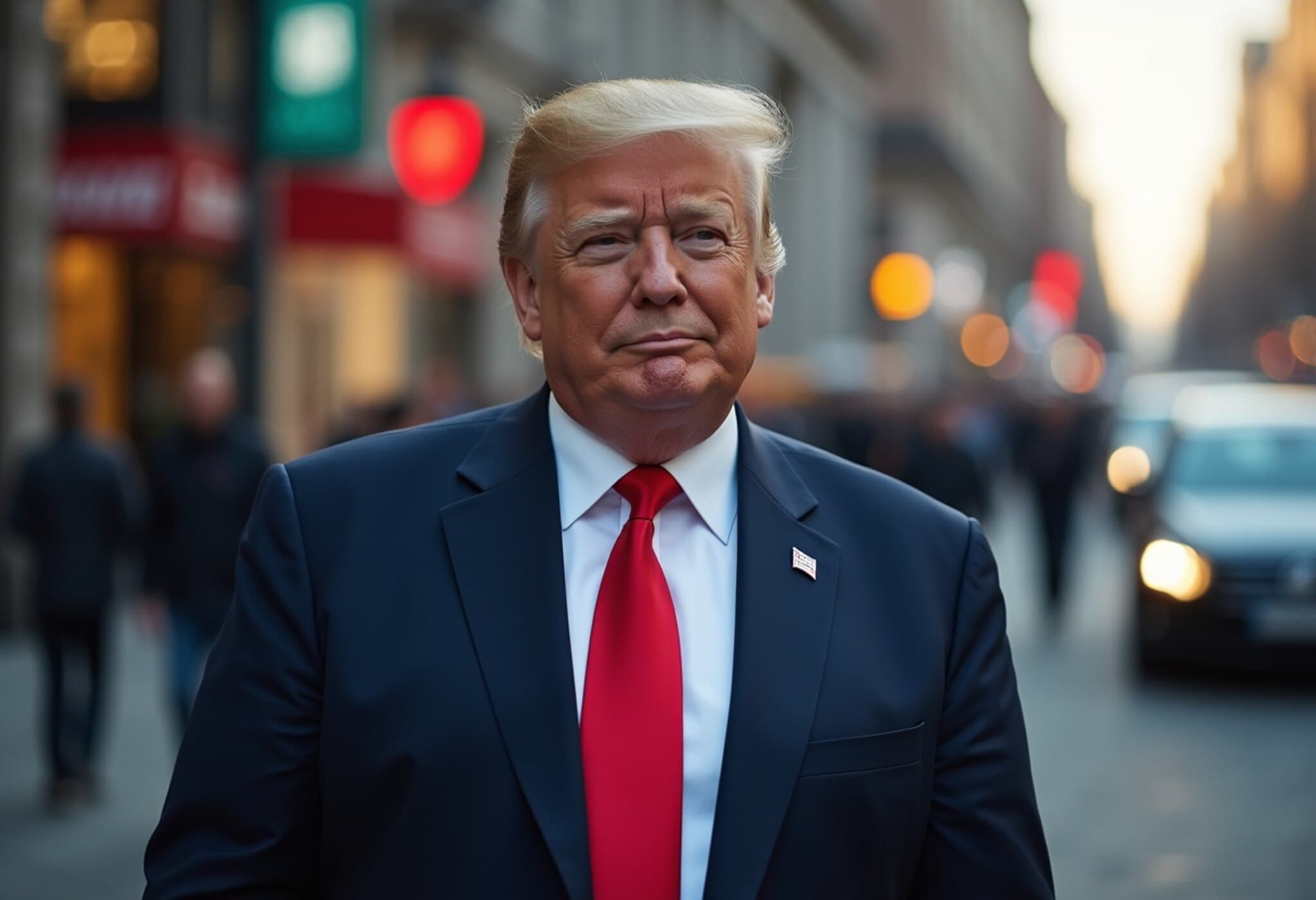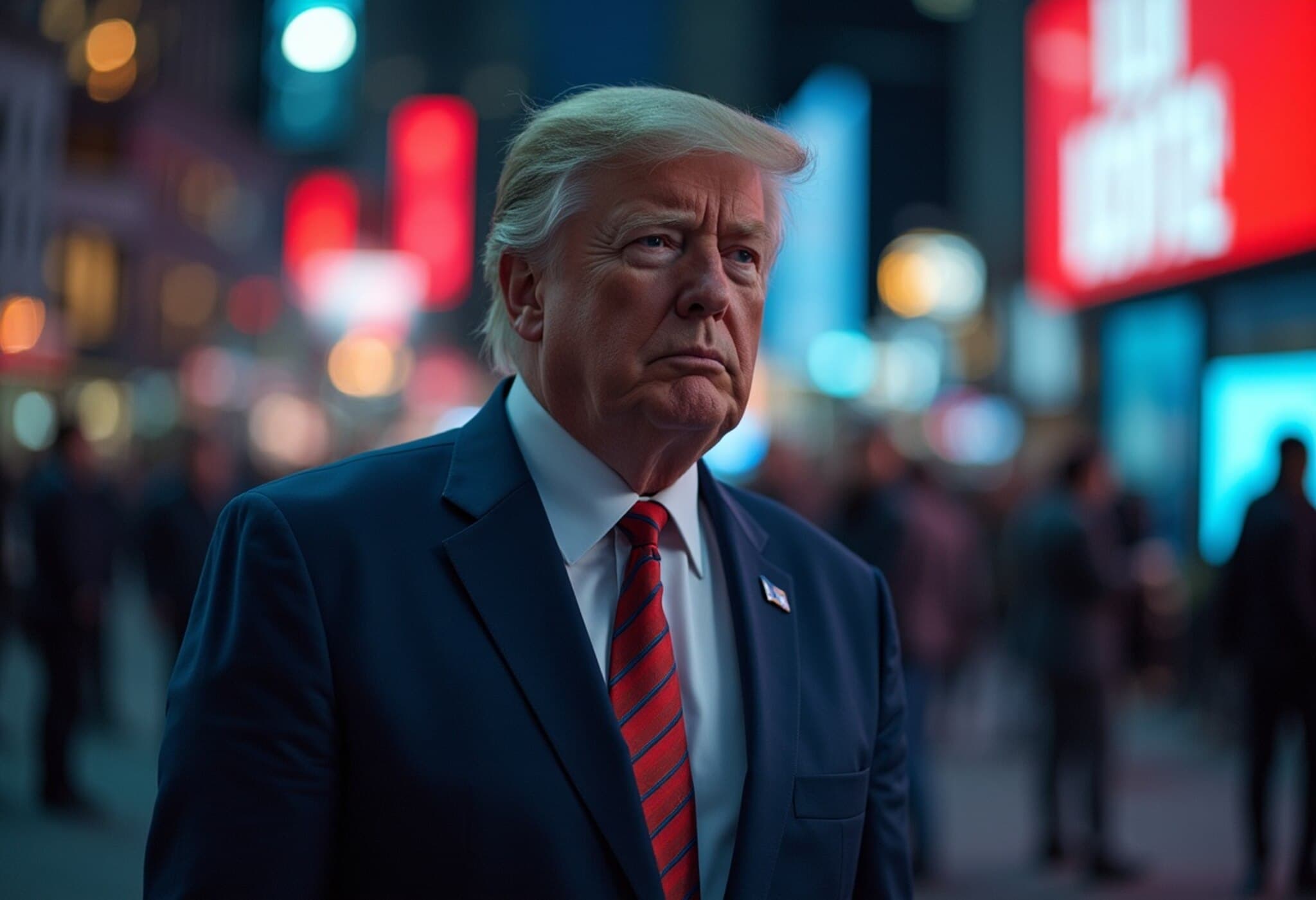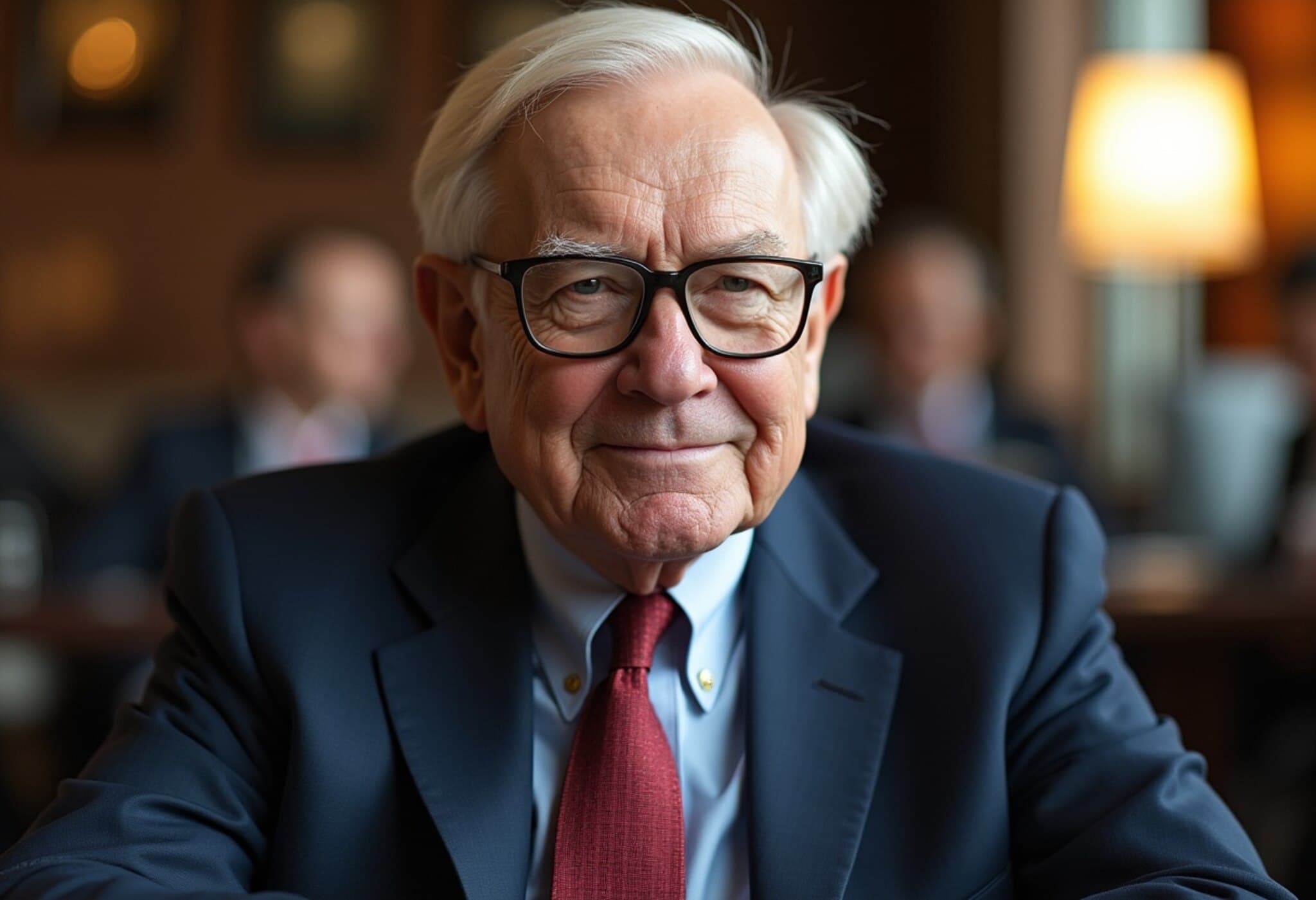Berkshire Hathaway Increases Holdings in Japanese Trading Giant Mitsubishi
In a strategic move reflecting growing confidence in Japan's economic prospects, Berkshire Hathaway Inc., led by the legendary investor Warren Buffett, has officially raised its ownership stake in Mitsubishi Corporation to 10.23% from the previous 9.74%, according to a market disclosure on Thursday, August 28, 2025. This marks a continued expansion of Berkshire’s presence in Japan’s influential trading sector.
Details of Berkshire’s Expanding Presence in Japan
The increase was executed through Berkshire’s wholly owned subsidiary, National Indemnity Company. This latest acquisition extends Berkshire Hathaway’s footprint in Mitsubishi, one of Japan's largest sogo shosha (trading houses), which play a pivotal role in facilitating global trade and investment. Similarly, Berkshire’s stake in Mitsui & Co., another major trading company, also edged up to approximately 9.82%, as confirmed by Mitsui representatives—although they declined to specify the exact current percentage.
Berkshire’s investment rounds in Mitsubishi and Mitsui are part of a broader strategy initiated in March this year, when the conglomerate boosted investments across five leading Japanese trading firms to capitalize on the region’s economic revival and strategic trade corridors.
Market Reaction and Broader Economic Context
The news of Berkshire's increased share ownership positively influenced market sentiment. Mitsubishi’s shares appreciated by 1.85%, while Mitsui’s stock saw a 1.23% uplift on the Tokyo Stock Exchange. These gains notably outperformed the broader Nikkei 225 index, which rose by 0.73% on the same trading day.
Japan’s trading houses, known for their diversified portfolios ranging from energy and minerals to consumer goods, have been adapting to shifting global supply chains and intensifying geopolitical landscapes. Berkshire Hathaway’s growing investment in these entities signals strong confidence in their resilience and long-term value creation potential.
Expert Insights: Why Berkshire Is Betting on Japanese Trading Houses
From a U.S. policy and economic perspective, Berkshire Hathaway's deepening stake in Japan’s trading giants highlights an interesting trend in international portfolio diversification amid global economic uncertainties. As U.S. investors look beyond domestic markets for stable, undervalued assets, Japan’s stable political environment, advancing technology, and strategic position in the Indo-Pacific region offer attractive long-term investment opportunities.
Financial analysts note that such moves also underscore the importance of trading companies as conduits for global commerce—entities that not only facilitate exports and imports but also invest in infrastructure, energy projects, and supply chain innovation. Berkshire's engagement could encourage other American investors to reconsider Japanese equities, especially amid evolving supply chain realignments post-pandemic.
The Underreported Angle: What This Means for U.S.-Japan Economic Relations
- Strategic Collaboration: Beyond investment returns, such increased stakes may pave the way for deeper economic collaborations between U.S. and Japanese companies, potentially influencing trade policies.
- Supply Chain Resilience: Engaging with powerhouse trading houses helps Berkshire indirectly access critical resources and markets, underscoring the strategic importance of diversified supply chains.
- Market Signal: Berkshire’s bet sends a reassuring signal to global markets about Japan’s economic stability and growth potential, which could bolster foreign direct investment.
Looking Ahead: Berkshire’s Japan Strategy and Global Implications
As Warren Buffett’s investment vehicle gradually increases its foothold in Japan’s corporate landscape, market watchers will keenly observe whether this pattern signals a broader pivot toward Asia’s mature economies. For policy experts, this raises questions about how U.S. investment flows shape bilateral economic ties and what regulatory frameworks might evolve to oversee such cross-border equity stakes.
Moreover, investors should consider how shifts like these might affect portfolio risk, currency exposure, and engagement with evolving sectors such as renewable energy, technology, and infrastructure—key domains that Japanese trading houses actively explore.
Editor’s Note
Berkshire Hathaway's incremental stake increase in Mitsubishi Corporation is more than a routine portfolio adjustment—it reflects a nuanced bet on Japan’s enduring economic vitality and the strategic role of trading houses in global markets. As American investors and policymakers weigh the implications, this development invites a closer look at how intertwined global capital flows are influencing international economic diplomacy and supply chain resilience. Observers should ask: How might this investment influence U.S.-Japan trade relations, and what does it signal about the future direction of global investment strategies in the face of geopolitical shifts?



















